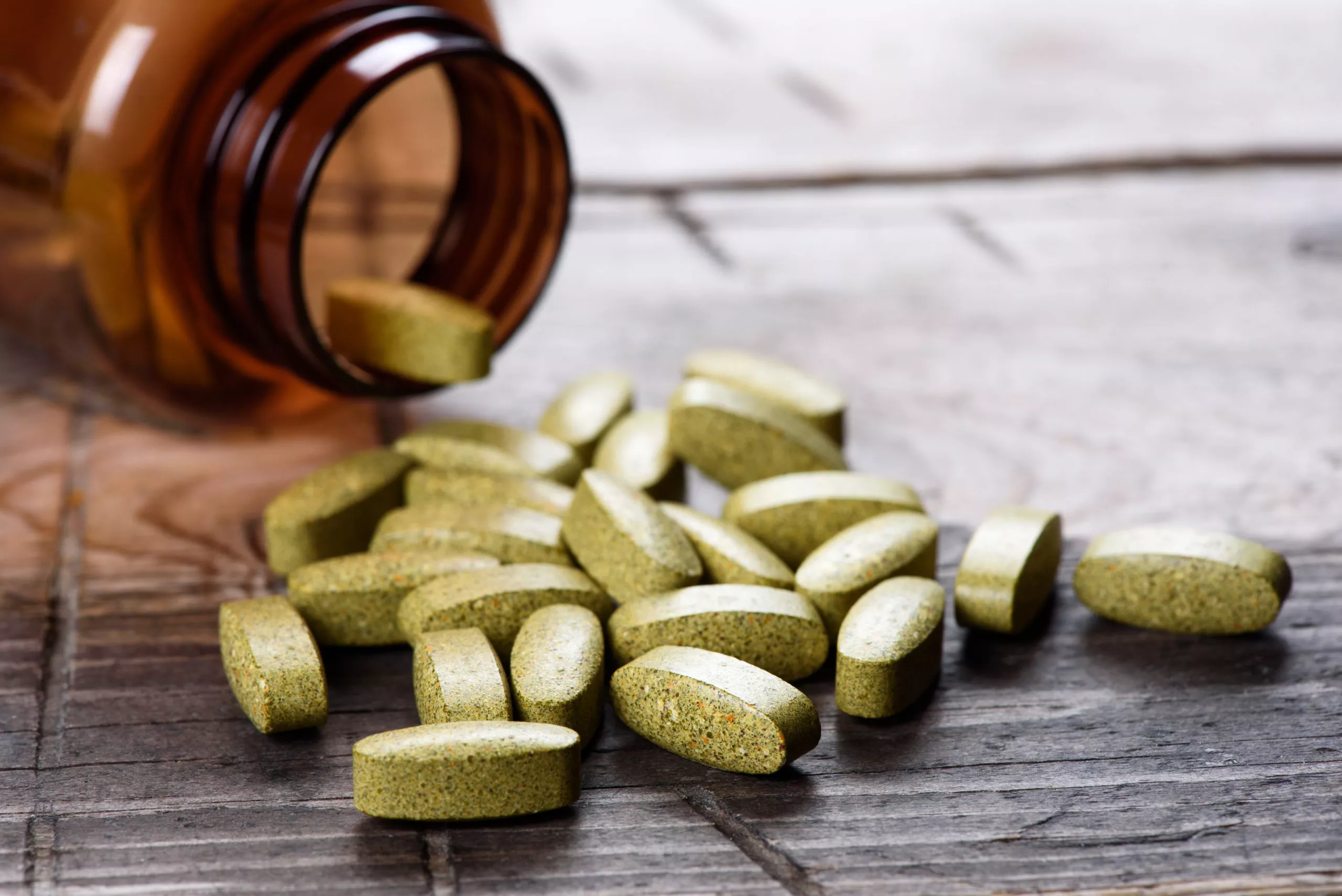-
- Market Research
- |
- CBD Near Me
- |
- Giveaways
- |
- Newsletter
- |
- Contact
- |
- Advertise
- |

Here’s the latest CBD news:
- Almost three quarters of fibromyalgia sufferers indicated on a survey that they have used CBD to replace medications.
- Rapid Therapeutic Science Laboratories will soon submit a new drug application to the FDA for a CBD inhaler.
- A study explores the anti-nausea effects of THC and CBD in various cannabis strains.
Fibromyalgia Sufferers Are Replacing Prescribed Medications With Cannabidiol
A survey administered online and published May 12 by the University of Michigan Medical School and the National Fibromyalgia Association revealed that almost three quarters of survey respondents with fibromyalgia had at one point substituted cannabidiol (CBD) for their pain medications.
Since the hemp-based compound rose to prominence, online communities and/or forums have been abuzz with stories of chronic pain sufferers of all kinds making this switch, a case of hearsay confirmed and elucidated by this new data.
Here are the major highlights from the survey, as reported by the authors:
- Almost three quarters of fibromyalgia patients surveyed (72%) said they had used CBD in place of pain medications.
- 70-94% of participants who made this switch were able to either reduce their medication load or cease use entirely.
- Two of the most commonly substituted drugs included opioids (53.3%) and benzodiazepines (23.1%).
As expected, the vast majority of participants cited avoidance of harmful side effects as the reason they chose to make this switch.
Rapid Therapeutic Science Laboratories Will Submit New Drug Application to FDA for CBD Inhaler
Rapid Therapeutic Science Laboratories (RTSL), a manufacturer of mostly aerosol-based medical technologies, just announced that they will soon launch human clinical trials assessing a metered dose inhaler containing CBD.
The trials are one prerequisite among several for the submission of an Investigational New Drug Application (IND) to the Food and Drug Administration (FDA), which is what RTSL is aiming for.
Tapping into a patient/physician network in Texas, RTSL will conduct a total of five clinical studies that will assess the safety and efficacy of their inhaler.
Should the Investigational New Drug Application be approved by the FDA, RTSL will be cleared to administer this product to participants, and pending those results, may have the opportunity to further pursue full FDA regulation.
Study: Cannabis Anti-Nausea Effects Dependent on Strain and Product Type
A recent finding from University of New Mexico researchers published in the Journal of Clinical Gastroenterology has confirmed the claim that cannabis can alleviate nausea, but with several caveats.
First, though an overwhelming 96.4% of study participants experienced an average reduction in symptom intensity of 3.85 points (0-10 scale), those who used flower-derived cannabis products had greater success.
Also, high-THC, low-CBD cannabis strains were more likely to cause a larger reduction in nausea, and Cannabis sativa outperformed Cannabis indica.
Symptom reduction was reported as early as five minutes after cannabis ingestion, and all those who experienced improvement (the aforementioned 96.4%) reported them within one hour.







